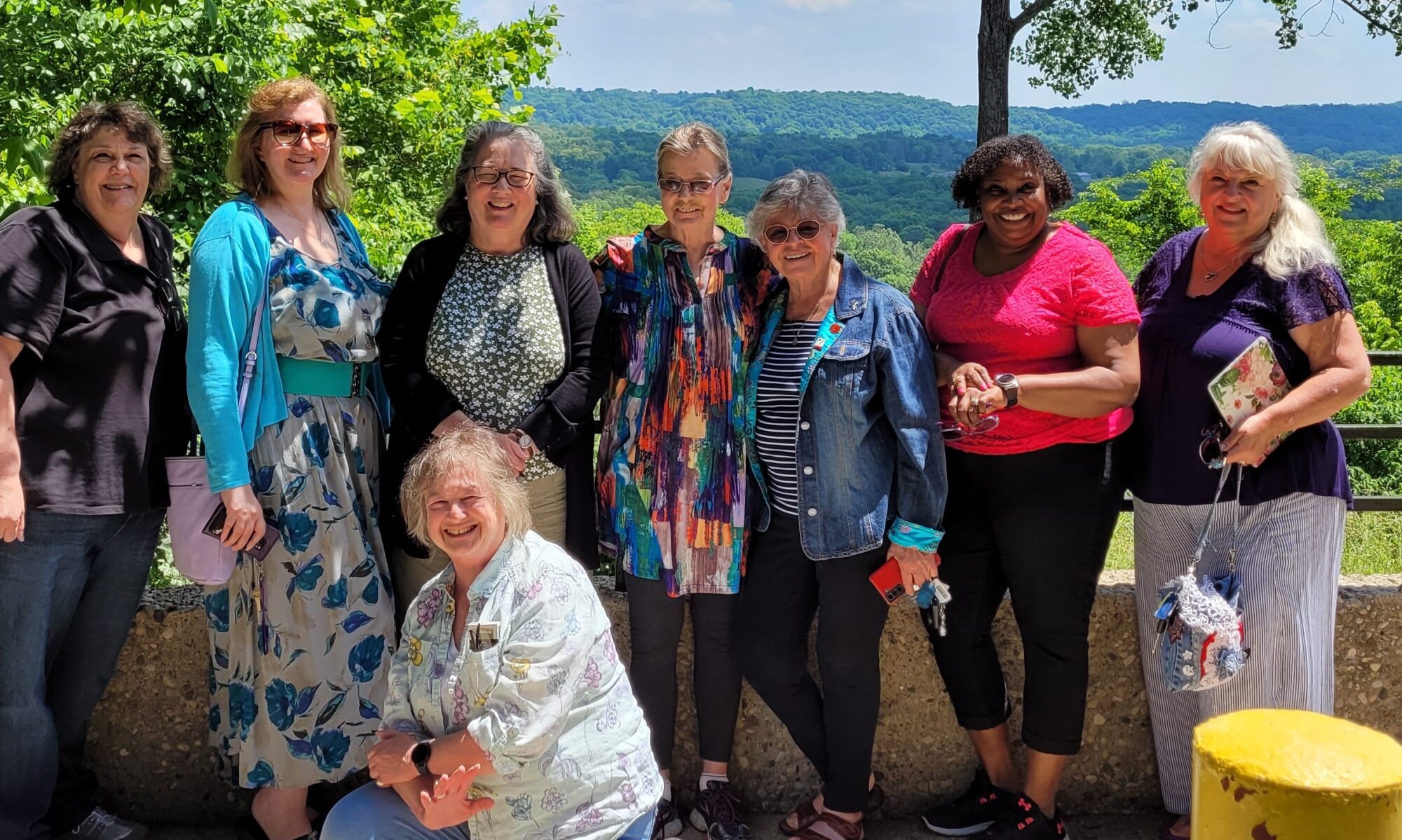 With the end of 2023 in sight, I reread my January post in this blog. There it was in black and white: my commitment to finish the first draft of my book this calendar year. The good news is I’m close. The bad news is that, in writing the final chapters, my plot began to collapse like a Florida sinkhole.
With the end of 2023 in sight, I reread my January post in this blog. There it was in black and white: my commitment to finish the first draft of my book this calendar year. The good news is I’m close. The bad news is that, in writing the final chapters, my plot began to collapse like a Florida sinkhole.
I spent most of the summer revising. Then I deleted entire chapters and began again. Eventually, I created more problems than I’d fixed. The story felt like a dead end, and I seriously considered deleting the entire manuscript. I needed a breakthrough.
It was pure serendipity that a class I’d been wanting to take became available during this trying time. The class was on Lyric Essay, and I’d watched it sell out twice already this year. I put my story aside and signed up for ten weeks of writing something entirely different.
Lyric essay is a relatively new form of creative non-fiction. Describing the sub-genre as “essay” is a bit of a stretch. The form is a hybrid of poetry and memoir. Where traditional essays aim to persuade, lyric essays tend to hypnotize.
The best example of this form, if you are interested, is Happily by Sabrina Orah Mark. A beautifully written memoir, each chapter is an essay that braids the author’s experience of raising her two children with her vast knowledge of fairy tales, revealing strangely contemporary insights. It’s stunning.
The class I took focused on structure like the braiding found in Happily, but also juxtaposed vignettes, collages, alphabetical lists, photographs, fortune cookies, body parts, even notes in a medical file with topic prompts to uncover a new way to write about personal experiences. It was cathartic, and I found myself wrestling with topics I’d never had the guts to write about previously.
When the class ended, I had nine essays in my queue and a fresh outlook on structure and language. I opened my manuscript and that dead end disappeared. Sometimes, taking a break can lead to a breakthrough.

